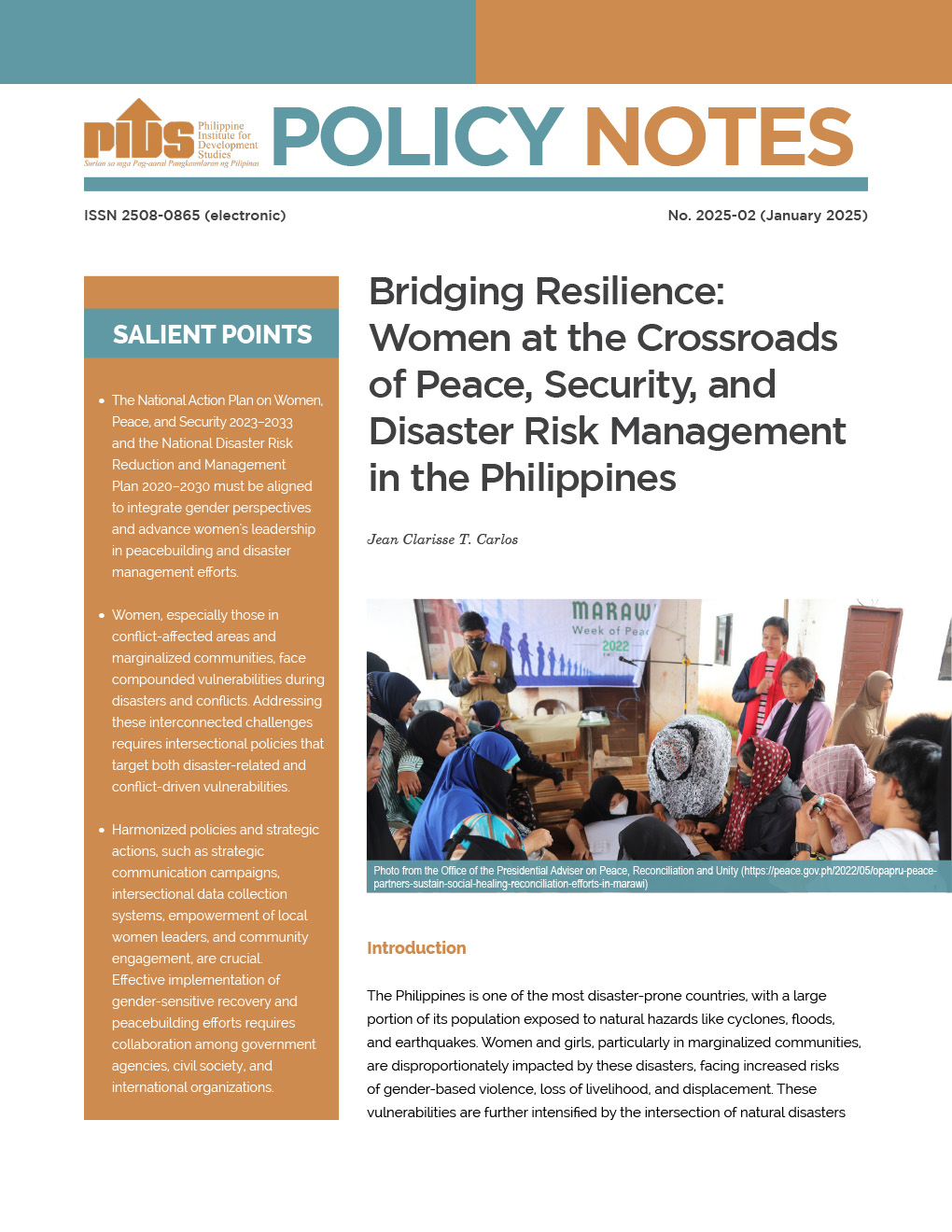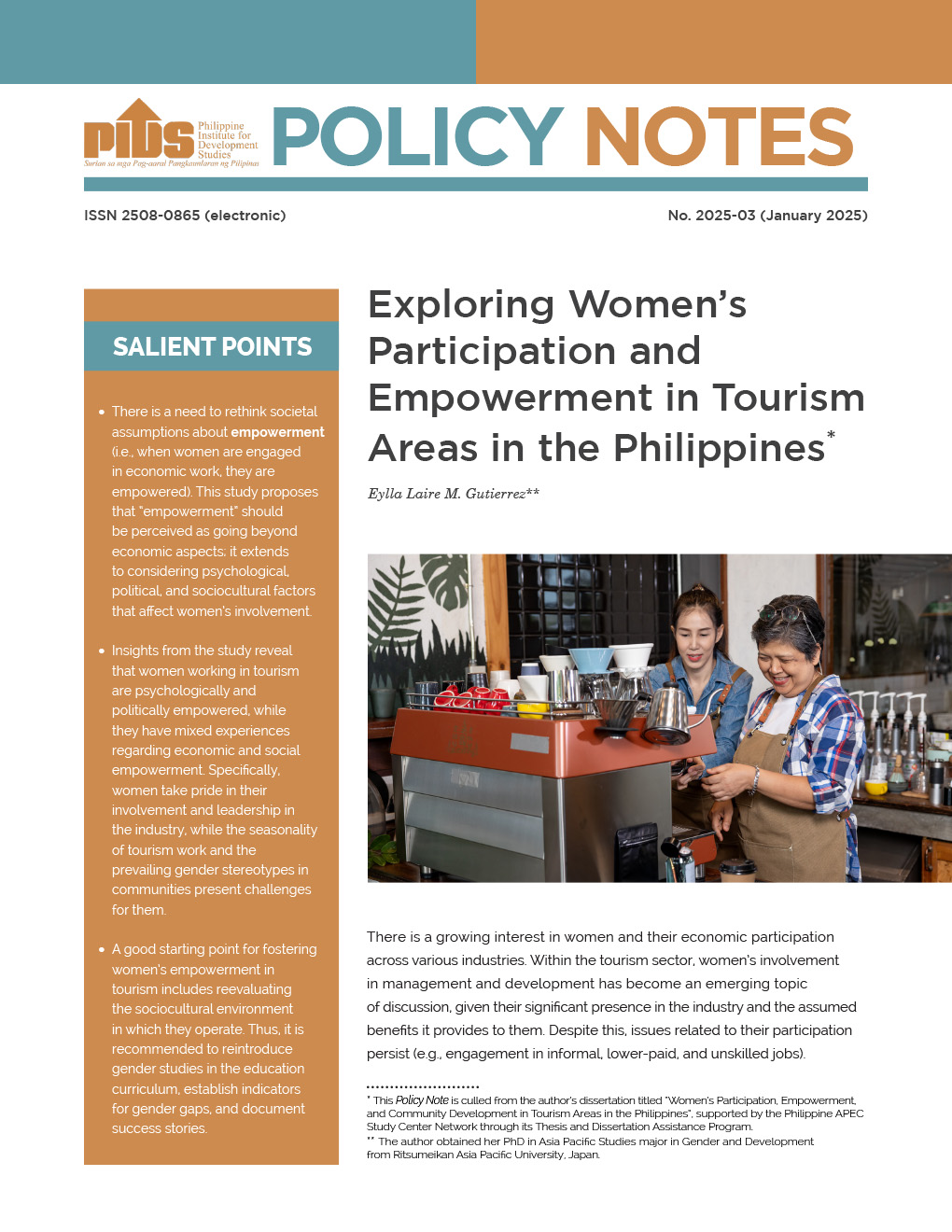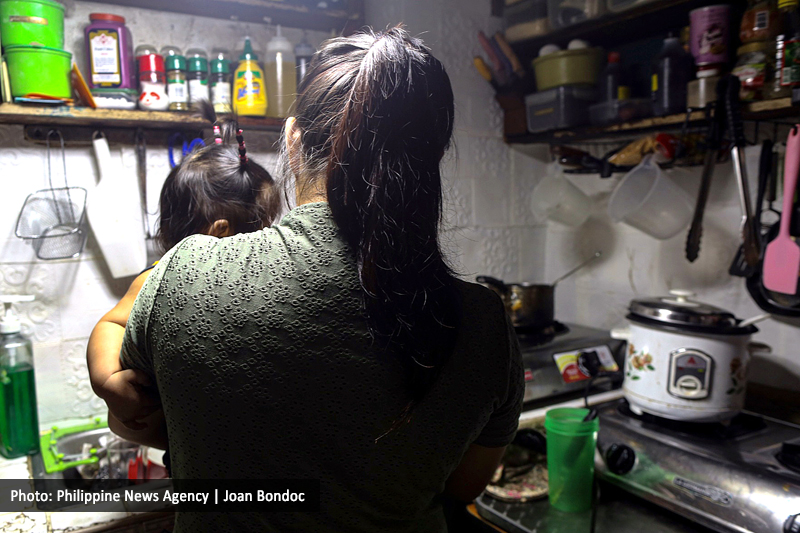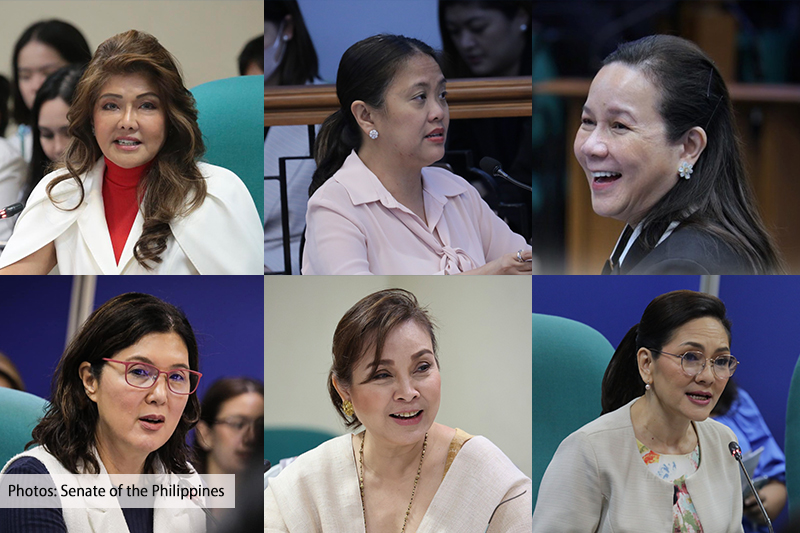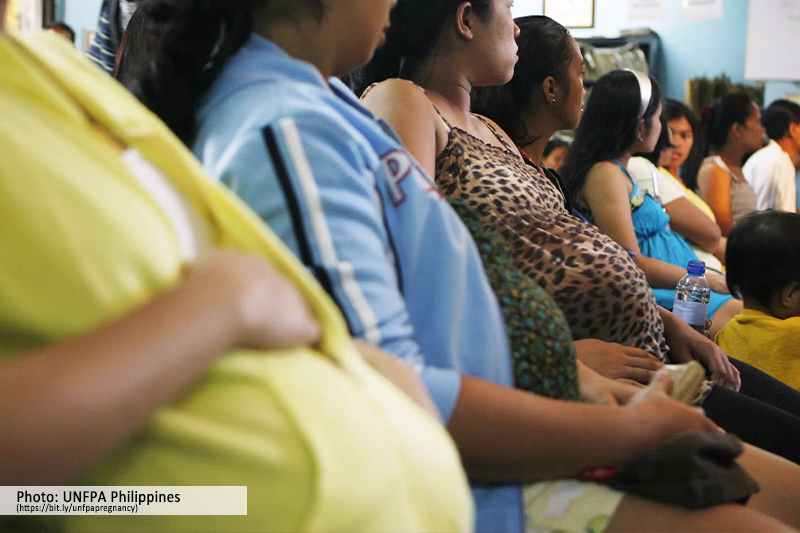TODAY is International Women’s Day, a focal point in the movement for women’s rights. But let’s focus in our country, and particularly on an obvious concern that lamentably has not been given enough attention – social protection of women.
Women in the Philippines have less access to social protection programs than men, which may result in their vulnerability, instability and poverty, according to a study of state think tank Philippine Institute for Development Studies. The study, “Towards Inclusive Social Protection Program Coverage in the Philippines: Examining Gender Disparities”, said this could be attributed to women’s low labor force participation rate, noting that “women’s access to social protection is largely tied to their employment status.”
Furthermore, most social insurance programs in the country “cover only those who are formally employed” as required by law, making women less likely to be covered. Women are more likely to be part of the informal sector than men. There are also more unpaid family workers among women than men, according to the study.
The study also found more women not in the labor force from poorer households than richer ones (58 percent vs 34 percent).
Also, there are workers who still do not have access to social protection programs. Based on 2017 data, the study said 69 percent or around 8.3 million women workers are not yet members of any social protection programs such as the Social Security System (SSS), Government Service Insurance System (GSIS) and Philippine Health Insurance Corporation (PhilHealth). Among women, the highest proportion of those without social insurance are the private household workers at 98 percent, followed by unpaid family workers at 95 percent and then the self-employed at 92 percent.
In terms of sector, the study showed that the agricultural sector has the highest proportion of those unable to avail of the SSS, GSIS, and PhilHealth, at about 98 percent for female workers compared to 95 percent for male workers.
Given these findings, what could – and should – be done?
Interventions seeking to improve women’s access to social protection must prioritize those in the agricultural sector, the self-employed, unpaid family members, and household workers. The social insurance scheme must not be tied with having a formal work or registered business; innovative schemes must be developed to care for the social protection needs of the working age population regardless of their labor force status.
In the long-run, the government should be able to come up with an integrative framework that will improve the skills and employability of people as well as ensure the development of agriculture, services, and industry sectors so that people can obtain decent jobs.

